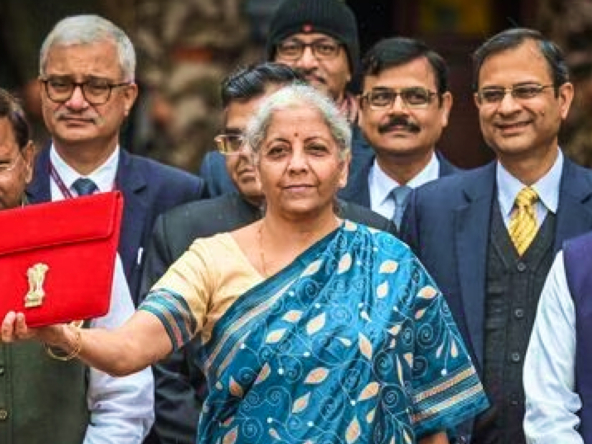Will Indian Real Estate Market Crash?
For many years, a significant portion of India’s economic growth has come from the real estate sector. However, questions regarding its stability have been highlighted by recent economic instability. A possible market crash has been raised by recent uncertainties and financial fluctuations. This article examines the factors that influence the Indian real estate sector and assesses the likelihood of a crash.
Government initiatives:
In order to encourage the Indian real estate industry, the Indian government has launched several measures. The Smart Cities Mission, the Model Lease Act, and Pradhan Mantri Awas Yojana (PMAY) all seek to enhance the rental market in India while promoting urban development and affordable housing. Moreover, policies like the decrease of the goods and services tax (GST) on construction-related assets and tax breaks for homebuyers have improved accessibility and boosted Indian real estate investment in India. Both consumers and developers now have faith in these initiatives and reforms like RERA.
Supply and demand dynamics:
The demand for Indian real estate is still being driven by the country’s expanding population and rising urbanization. The demand for residential housing is also influenced by rising earnings, expanding nuclear families, and changing lifestyles. Developers have responded to shifting consumer tastes on the supply side by providing smaller flats, more affordable housing, and upgraded facilities. The development of the information technology and computer services (IT/ITeS) industry as well as the advent of coworking spaces helped to support the enormous growth witnessed by the commercial real estate market in India. These elements suggest that, despite shifting consumer preferences, there is still a sizable market demand.
Challenges and Risks:
The Indian real estate sector nevertheless confronts concerns despite the good aspects. The enormous volumes of unsold inventory in some areas, which can eventually cause a price adjustment, are a serious worry. These worries were heightened by the promoters’ experience of a financial problem, especially after the epidemic. In addition, macroeconomic variables like inflation, interest rate swings, and unpredictability in the global economy can affect investor mood and the stability of the housing market. Sponsors and buyers may also encounter obstacles as a result of regulatory changes and challenging administrative processes. Additionally, it might be quite difficult for buyers to obtain financing. Therefore, it is crucial that the Indian real estate market address these issues and implement suitable measures to preserve stability.
Looking Forward:
Although the Indian real estate market is facing challenges, the long-term outlook seems relatively optimistic. The Government’s focus on affordable housing and infrastructure development, coupled with a renewed focus on facilitating business, should attract both domestic and foreign investment. The growing trend of listed real estate investment companies (REITs) and the digital transformation of the sector should also bring more transparency and professionalism. In addition, the increasing adoption of technology, such as virtual real estate tours and online real estate transactions, should improve the customer experience and facilitate market growth.
Conclusion:
It is difficult to predict with certainty whether the Indian real estate market would fall. Although there are dangers and challenges, such high levels of unsold inventory and the liquidity crisis, there are also encouraging signals that point to bright prospects. Investment is anticipated to increase and some market stability to be provided by government initiatives that encourage the development of infrastructure, the strengthening of the business climate, and the construction of affordable housing. More professionalism and openness could also result from the growing use of technology and the rise of listed real estate investment trusts (REITs).
FAQs,
1. Will India’s real estate market crash?
Ans: A real estate market crash in India is possible owing to several variables, including the economy, an oversupply, and regulatory reforms. Finding out about the stability of the industry may be done by keeping an eye on market trends and consulting experts.
2. Factors for a potential crash?
Ans: Economic recessions, an excess of available properties, rising interest rates, liquidity restrictions, regulatory changes, and geopolitical uncertainty are some of the factors that might cause a real estate market crash in India.



